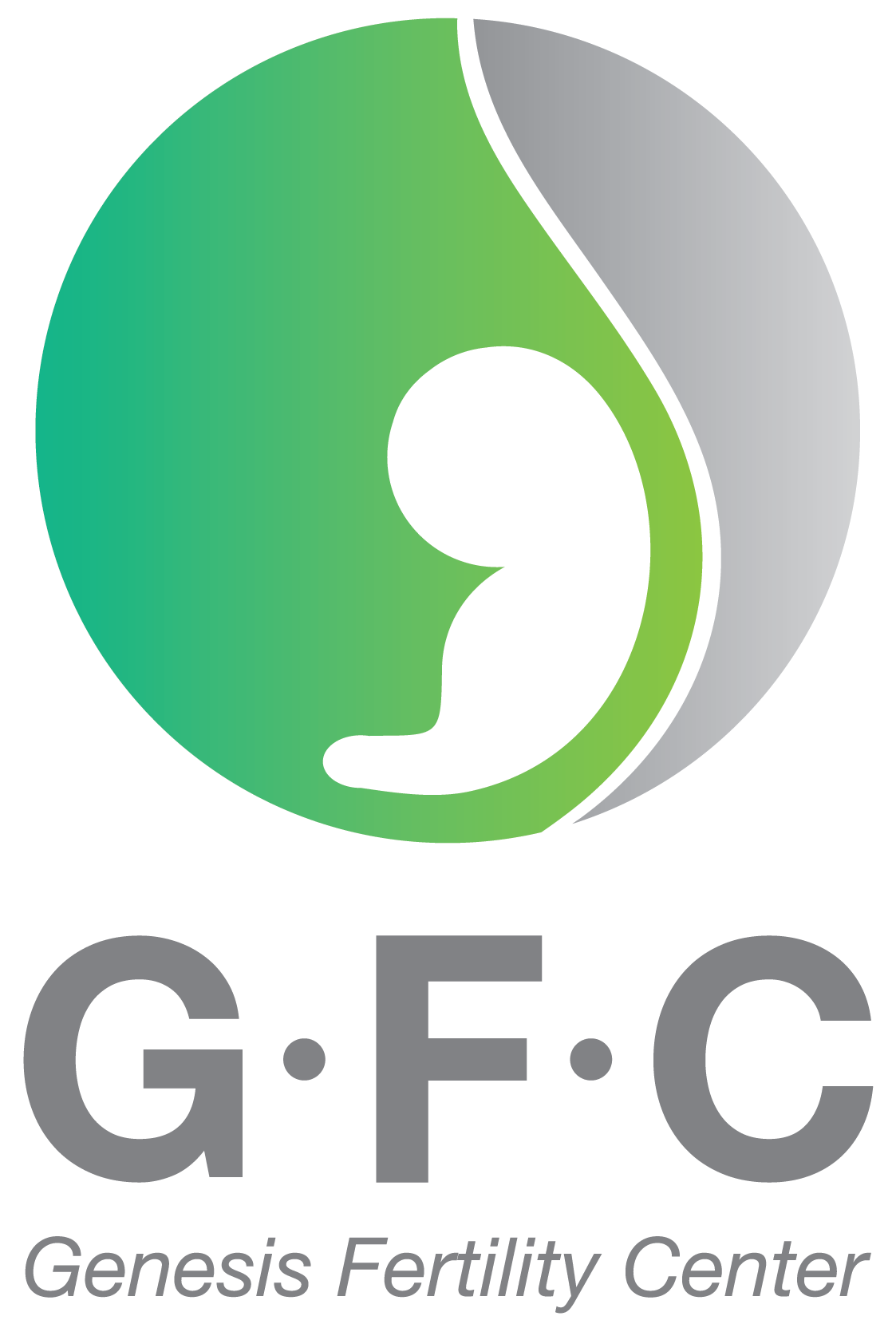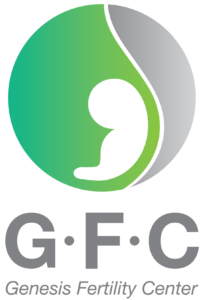The cause of infertility, the concern of the husband and wife who want to have a child.
There is a saying that “children” are the most valuable gift in life. Therefore, at a certain point in life when one is ready in terms of career, wealth, and time, many couples want to elevate their status from husband and wife to become parents. However, having a child as a golden chain to complete the family is not an easy task. There are many couples who try to conceive naturally for years, but they are faced with infertility, which prevents them from successfully becoming pregnant.
Today, Genesis Fertility Center would like to bring couples who want to embark on the journey of becoming new parents to understand what infertility is and what are the reasons that prevent couples who want to have children from achieving their intended goals.
Introduction to infertility
It is believed that many couples who are trying to conceive naturally may have had doubts about the definition of the term “infertility.” Specifically, they may wonder how long they need to try before they can be considered to be experiencing infertility. Is it a matter of months? Years? Several years? In medical terms, infertility refers to a situation where a husband and wife have regular sexual intercourse without using contraception, but the wife is unable to become pregnant within a year, or within six months for women over the age of 35.
The causes of infertility
Generally, infertility is often caused by various factors, including diet and nutrition, physical health, lifestyle, and knowledge and understanding of pregnancy. The causes of infertility can arise from both men and women, with research indicating that the cause of infertility may be about 25% from men, 40% from women, or in some cases, it may be from both parties, which is about 20%. These figures include men with low sperm count and women at risk of natural miscarriage.
The causes of infertility that are frequently found in men
For the most part, the causes of male infertility often result from a combination of factors related to advancing age and various health problems that lead to physical abnormalities, resulting in difficulty in conceiving. Important details include the following:
- Hormonal imbalances in the body, such as low sex hormone levels (hypogonadism), which can prevent the testicles from functioning properly, or hypothyroidism, among others.
- Testicular torsion, which occurs when the blood vessels that supply the testicles become twisted, cutting off blood flow and preventing the testicles from producing sperm.
- The condition where the testicles do not descend into the scrotum, which can result in abnormal or defective male sex hormones and reduced sexual function, as well as possible infertility.
- Problems related to sperm, such as encountering infections or experiencing low sperm count, which means that there are fewer than 15 million sperm in one milliliter of semen, or sperm that have low motility or abnormal shape, or weak sperm.
- Erectile dysfunction caused by the penis not becoming firm or having issues with ejaculation.
- Inherited diseases that affect the ability to produce sperm, such as Down syndrome, for example.
- Varicocele, a condition where the veins in the testicle become swollen, causing obstruction of the movement of sperm and reducing the quality of the sperm.
- Serious illnesses such as liver disease, kidney disease, or infections that affect the reproductive and sexual organs, such as gonorrhea, genital herpes, prostatitis or epididymitis.
- Unhealthy behaviors that have a negative impact on the body, such as regular alcohol consumption, smoking, drug abuse, or heavy physical work.
The causes of infertility that are frequently found in women
The causes of infertility that are frequently found in women can be due to various reasons, similar to men. Each of these causes has important details, as follows:
- Abnormalities in female hormones can affect the release of eggs, leading to irregular ovulation cycles and difficulty in accurately counting the days when eggs are released, which is necessary for natural conception.
- Abnormalities in the fallopian tubes can occur for various reasons, such as blockages in the tubes, the presence of tissue growths inside the uterus, adhesions in the pelvic area or uterus that led to infections in the pelvic area. One of the major causes of infertility that is frequently found in women is endometriosis, which is the abnormal growth of tissue in the uterus.
- Uterine / Cervical Factor, which may be abnormalities present since birth or abnormalities that arise from health problems and increasing age, such as fibroids in the uterus, endometrial polyps, and uterine adhesions. These can affect the embryo’s ability to implant and increase the risk of miscarriage.
- Cervical stenosis, due to inflammation or fibrosis in the cervix, is a major cause of narrowing of the cervical opening, making it difficult for sperm to enter and fertilize the egg in the uterus.
- Premature menopause or menopause before the age of 40 is a significant cause of the cessation of the female egg production process. This can affect the cessation of the production of female hormones and the stimulation of egg growth, leading to a lack of menstrual periods and a decrease in the chances of conceiving.
- Stress and anxiety issues, which can arise from work, family, or lifestyle factors, can lead to a decrease in sexual desire and frequency, as well as a decrease in the chances of getting pregnant.
Unexplained infertility
Although infertility is often caused by abnormalities in either the male, female, or both partners, nowadays approximately 10% of married couples who undergo physical evaluations due to their desire to have children are experiencing unexplained infertility, which is the condition where a couple is unable to conceive or have a child naturally despite having no apparent abnormalities and being in good physical health.
For couples who are experiencing unexplained infertility, the medical team will recommend starting treatment for infertility with assisted reproductive technologies (ART) immediately. This usually begins with the use of intrauterine insemination (IUI) or the injection of carefully selected sperm into the uterus to increase the chances of fertilization. If the couple has undergone IUI for about 3–6 cycles without success, the medical team may recommend considering in vitro fertilization (IVF) or intracytoplasmic sperm injection (ICSI) as the next step.
For couples or married couples who want to have children but are facing infertility, Genesis Fertility Center is a medical service clinic for people struggling with infertility. We provide consultation and advice on choosing the appropriate treatment method using Assisted Reproductive Technology (ART), whether it’s IUI, IVF/ICSI, that is suitable for each patient. Our team of experienced doctors and scientists in obstetrics and gynecology are dedicated to helping our patients have the best chance of success in conceiving and having a healthy pregnancy.
Call Center 097-484-5335
Monday–Friday: 9.00–20.00 Saturday–Sunday: 8.00–20.00.



